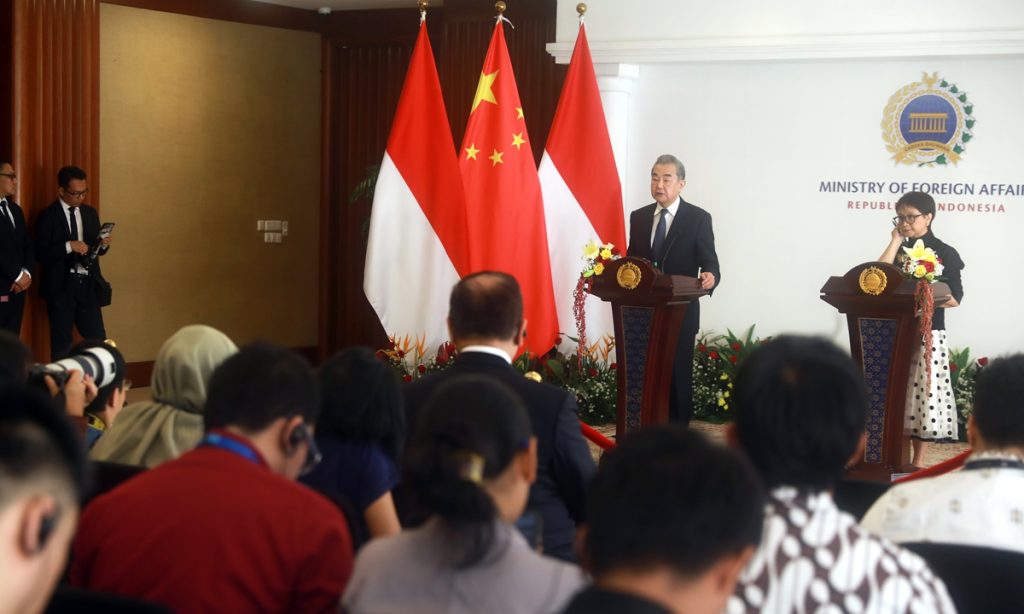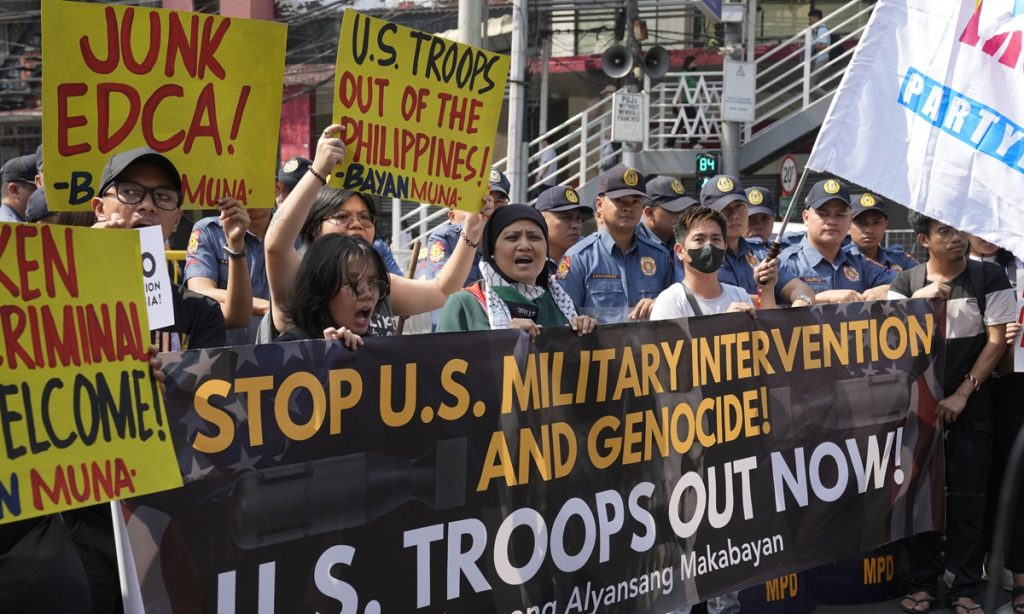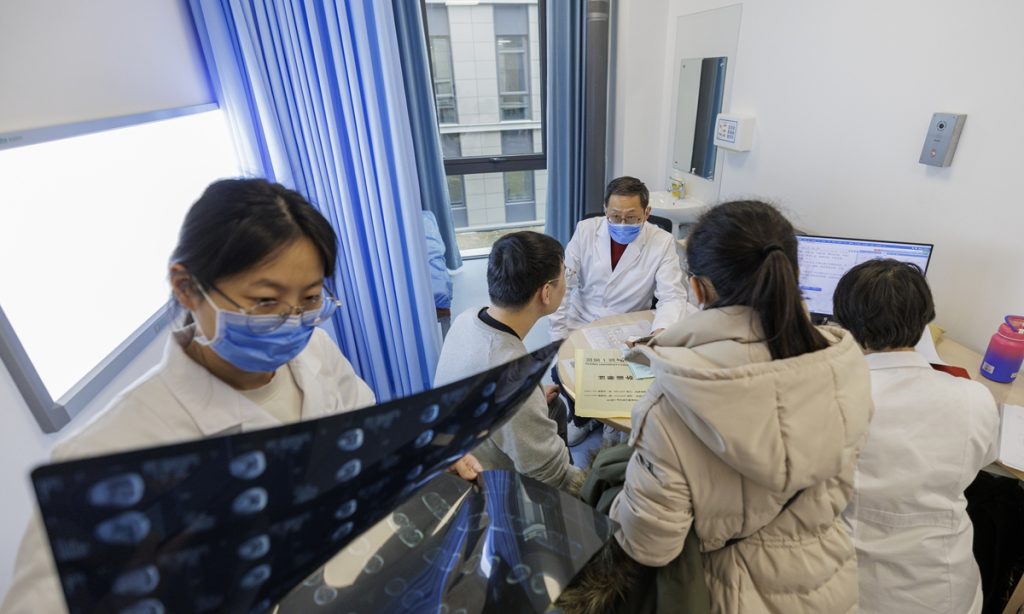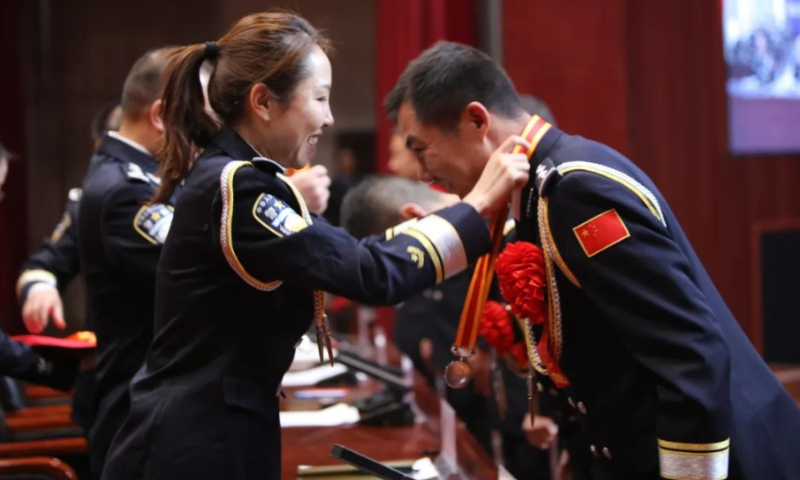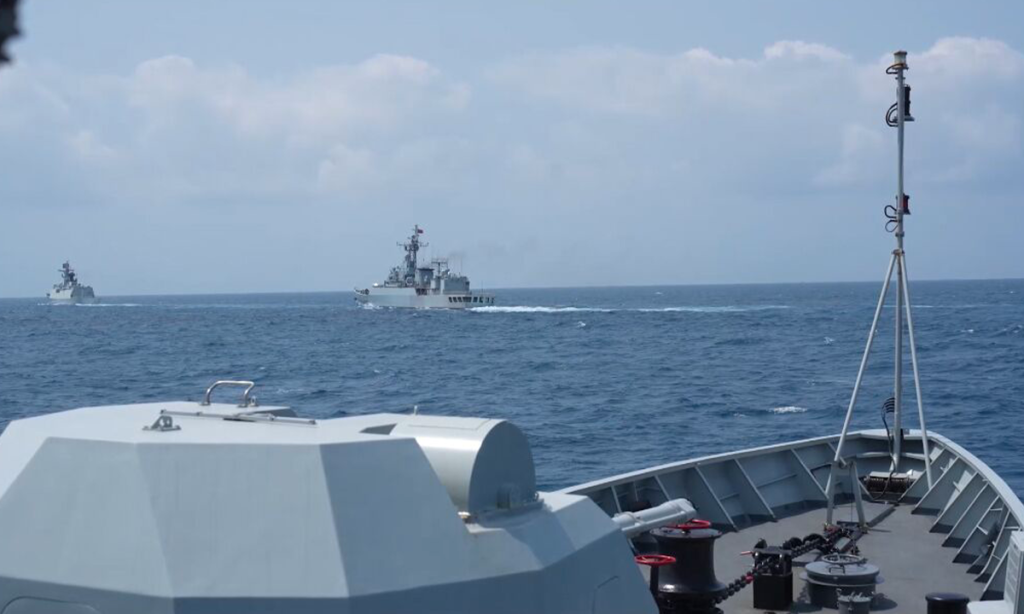Shanghai Party chief meets Blinken
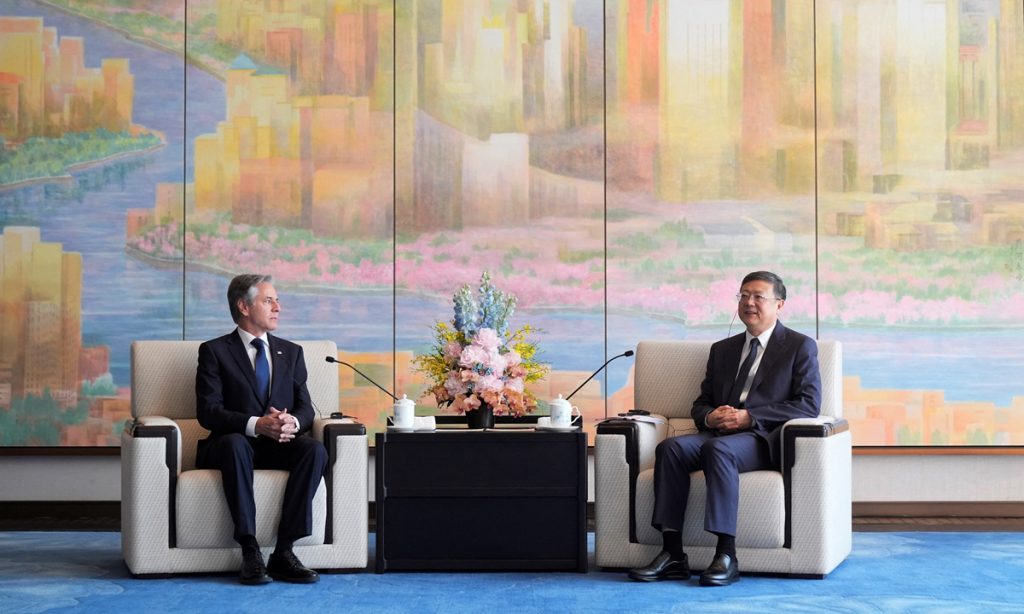
US Secretary of State Antony Blinken, before landing in Beijing on Thursday, met with local officials in Shanghai, where he acknowledged the obligation to manage the China-US relationship responsibly.
The obligation lies with both China and the US, therefore it should be on equal footing communication rather than order and obedience, Chinese observers said, as China hopes that Blinken's visit can help the US better understand China.
Chen Jining, secretary of the Shanghai Municipal Committee of the Communist Party of China, met with Blinken on Thursday in Shanghai. Chen said that under the strategic guidance of the leaders of the two countries, the current China-US relations have shown a stabilizing trend, which is an important foundation for the two sides to promote the next stage of cooperation and communication.
Chen said Shanghai will implement the important consensus reached by the leaders of the two countries in a solid manner, and continue to make active contributions from a local perspective to promote the development of China-US relations.
Blinken underscored "the value and necessity of direct engagement, of sustained engagement, of speaking to each other, laying out our differences which are real, seeking to work through them, as also looking for ways to build cooperation where we can," per a press release from US Department of State.
The Chinese Foreign Ministry had introduced five major goals that China is focusing on: establishing the right perception, strengthening dialogue, effectively managing differences, promoting mutually beneficial cooperation and jointly shouldering responsibilities as major countries.
In particular, the US must not provoke China's red lines on matters such as the Taiwan question, democracy and human rights, development path and system, and development rights, an official from the Department of North American and Oceanian Affairs of the Chinese Foreign Ministry said.
Valuing peace, prioritizing stability, and basing actions on trust are the principles that China adheres to in managing China-US relations, the official said.
It is hoped that through direct engagement, the US can have a better understanding of China and correct its wrong perception of the country, as that is the foundation for further steps to carry out meaningful communication, manage differences and promote possible cooperation, said Li Haidong, a professor at the China Foreign Affairs University.
In Shanghai, Blinken reportedly raised "concerns over China's trade policies and non-market economic practices." He described Chinese policies as "unfair" and demanded "a level playing field for US workers and firms operating in China."
In response, Chinese Foreign Ministry spokesperson Wang Wenbin said China has always conducted economic and trade cooperation in accordance with market principles, firmly supported the multilateral trading system, and fully complied with the rules of the World Trade Organization. We hope that the US will work with China to create favorable conditions for the healthy and stable development of Sino-US economic and trade relations, he said.
Hours before he landed in China on Wednesday, the US Senate passed an aid package including $8 billion in aid to the island of Taiwan and the bill to force ByteDance to sell TikTok. Before his trip, US media also cited anonymous sources claiming that the US is drafting sanctions that could cut some Chinese banks off the global financial system, purportedly to increase "diplomatic leverage" for Blinken's visit.
Li noted, "If Blinken is here to issue an ultimatum to China, we will not give in to him and will not compromise on our core issues."
The most prominent feature of the current China-US relationship is that Washington continuously raises demands with Beijing but lacks sincerity in responding to many of China's reasonable requests, experts said.
Responsibly managing differences should be mutual, not the US ordering and China listening, Li said.
Wu Xinbo, director of the Center for American Studies at Fudan University, told the Global Times that the US cannot suppress China, while at the same time expecting China to dance to its tune.
As a result, analysts have rather low expectations for this visit.
The actions of the US have made China feel that it is not a credible partner, seeking only to secure what it wants and presenting unreasonable demands while neglecting the needs of others, Wu said.
